Eliminating the Need for Portland Cement in Concrete
Although polymer concrete only became well known in the 1970s, it was first introduced in the late 50s. Thanks to its development through the years, the polymerized monomer is now able to replace Portland cement as a binder in concrete. Polymer concrete presents many superior properties to traditional concrete utilizing Portland cement, including high compressive and impact strength, fast curing, low permeability, and resistance to chemicals and corrosive agents. Thanks to these properties, it has found applications in very specialized domains around the world.
Explore 12 Futuristic Technology Trends Solving Concrete's Biggest Challenges.
What is Polymer Concrete?
Polymer concrete is a composite material fabricated from the polymerization of a monomer/aggregate mixture. It is a compound that uses synthetic organic polymer as binder and is prepared by mixing polymeric resin with aggregate mixture. Polymer concrete is generally produced by reducing the volume of voids in aggregates, which lowers the quantity of polymer required for binding the aggregates in question. The polymeric resins that are commonly used to produce this type of concrete are methacrylate, epoxy resin, furan resins, polyester resin, and vinylester resin. Due to their lower cost, good mechanical properties, and easy availability, unsaturated polyester resins are the most commonly used. The choice of which resin to use highly depends on the application and factors like chemical and weather resistance, desired properties, and cost.
How is it used?
From nuclear power plants, marine works, industrial tanks, and linear drainage systems, polymer concrete is being used in a number of various applications including water storage systems and electrolysis of non-ferrous metals. Over the years, growth in transportation and infrastructural activities have been a main contributor to the increase in demand for polymer concrete.
Due to the superior characteristics mentioned above and a world-wide increase in the need for a tougher, stronger, more durable and ductable building material, polymer concrete is growing in popularity. Not to mention the advantages of using polymer concrete for its environmental benefits. One thing restraining the widespread use of polymer concrete is its high cost, which restricts its use to applications that require low energy consumption and less manpower.
Where is it being used?
While Asia Pacific is leading the polymer concrete market across the globe, the rapid expansion of the construction industry in the United-States means that the U.S. also accounts for a significant share of the polymer concrete market as well. The polymer concrete market in other places around the world such as Europe, the Middle East, and Africa are expanding at a much slower pace.
As time goes on, the use of polymer concrete around the world is expected to grow. The need to replace existing concrete as it ages, an increase in awareness about the usage of polymers in concrete, as well as the development of newer and less-expensive products will help bring the polymer concrete market to a larger scale.
Sources:
Raman Bedi, Rakesh Chandra, and S. P. Singh, “Mechanical Properties of Polymer Concrete,” Journal of Composites, vol. 2013, Article ID 948745, 12 pages, 2013. doi:10.1155/2013/948745
Trans Market Research. “Polymer Concrete Market to Record Study Growth by 2024.” SBWire, SBWire, 7 Nov. 2017, www.sbwire.com/press-releases/polymer-concrete-market-to-record-study-growth-by-2024-888575.htm.
Photo credit: All Proof Industries
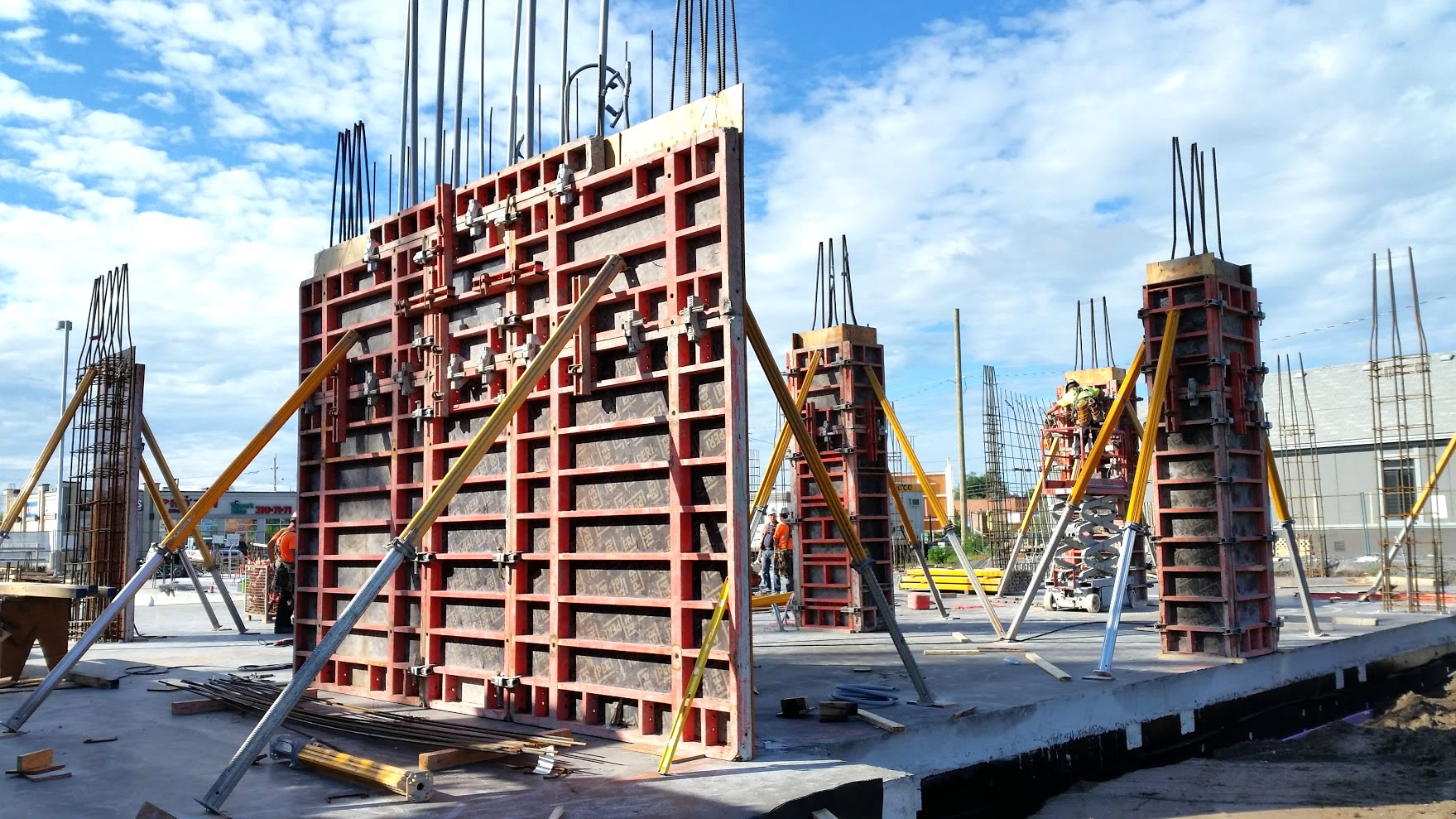
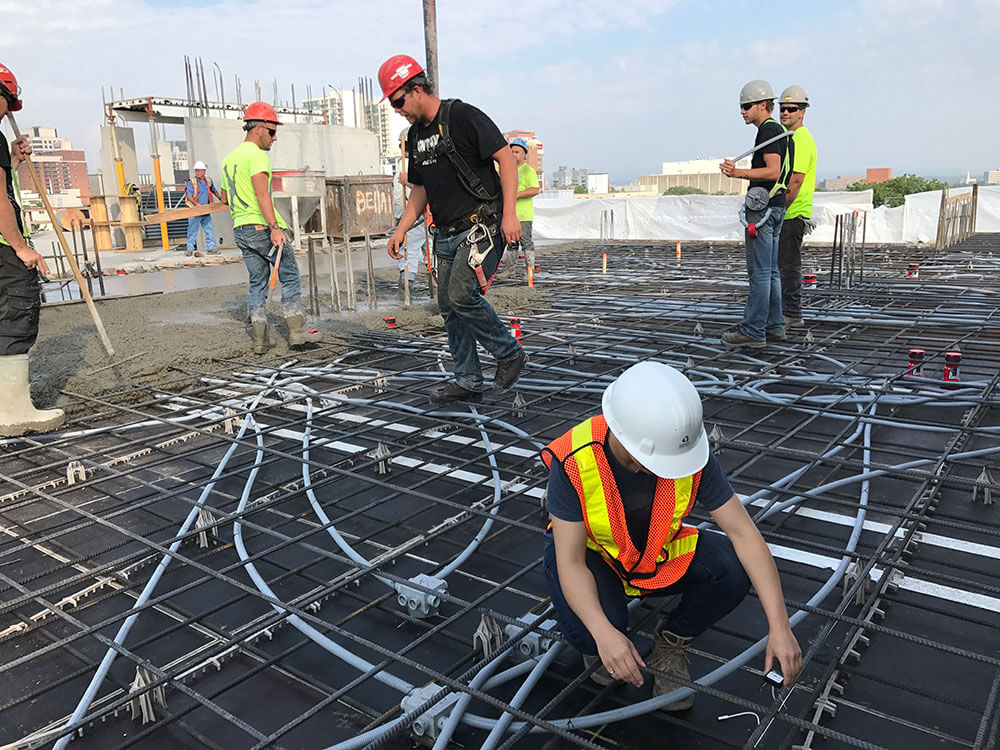
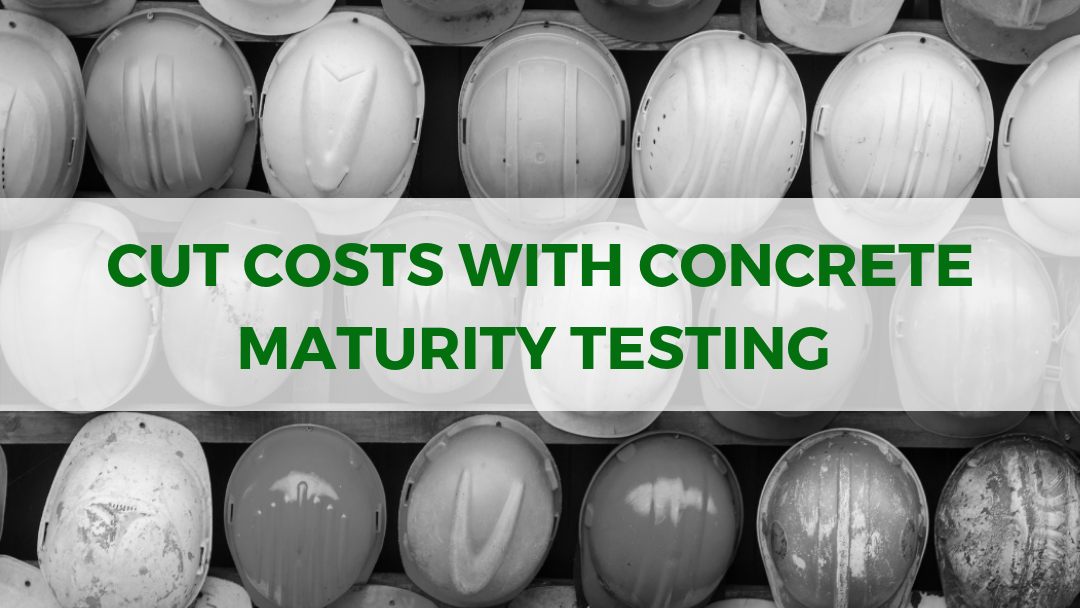
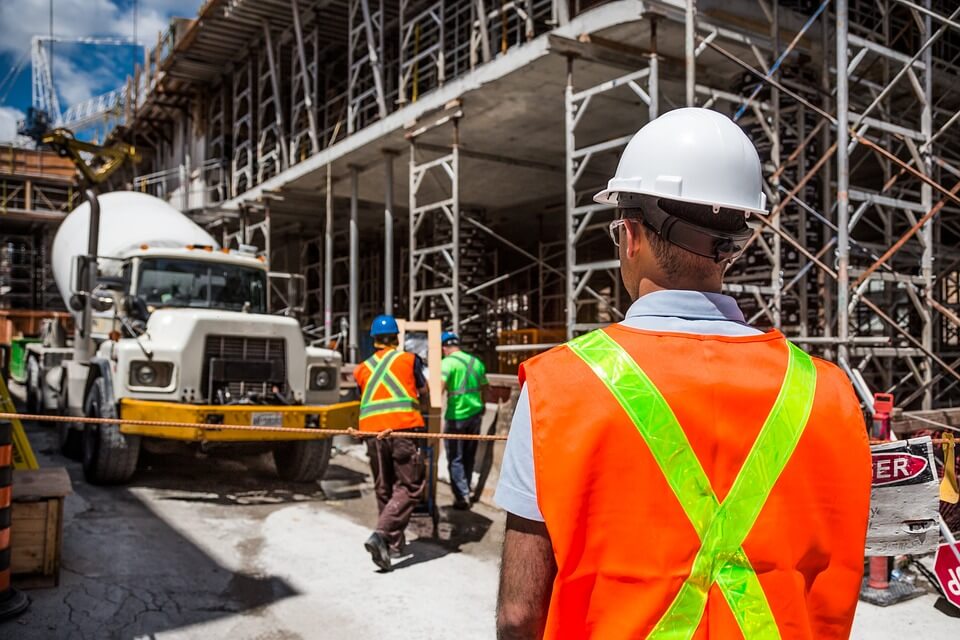

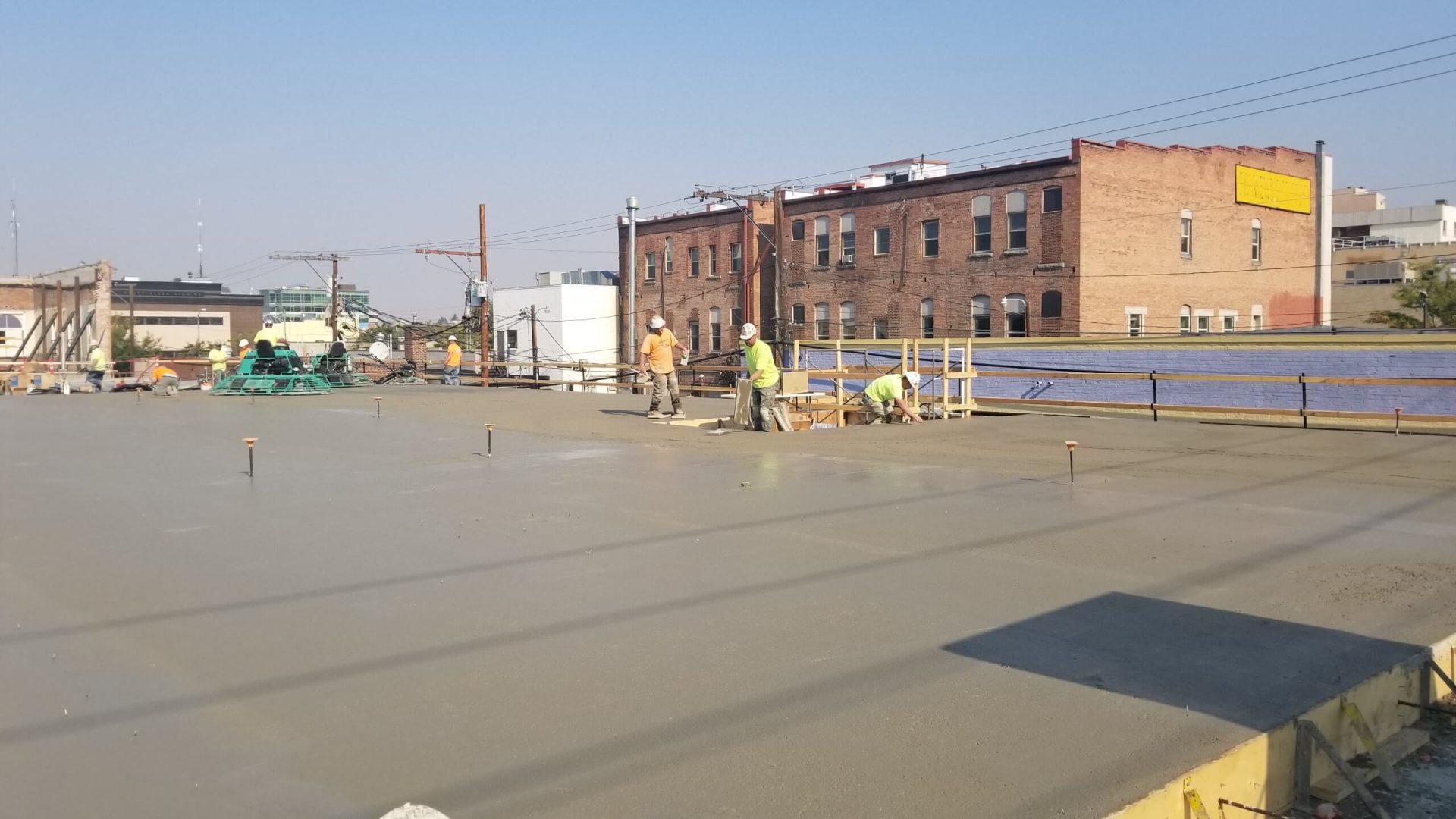

4 Responses
One of the best floorings of that type has been polyurea with cement, which takes part in the reaction of the polymer.. Now there are lots of systems of this type. They differ a bit, yet they are still the best sollution where a resistance for temperature, chemicals attack and mechanical are the crucial issue.
please provide cost/cubic m of acrylic or vinyl polimer concrete and comparison with ordinary concrete.
Please compare compressive, flexural properties of poly concrete and ordinary portland cement including sheat strength.
Compare glass reinforced poly concret vs steel reinforement in ordinary concrete
Appreciate simple answere to me .
Civil Engineer Consultant
Unfortunately, this is a research article written for educational purposes and and is not in our area of expertise. We appreciate your interest in Giatec and are sorry we are not able to help you in finding further information regarding polymer concrete.
very interesting read- Sulphur works very well as polymer concrete… thermal process, strength gain on cooling not a chemical cure …. I recommend looking up Dr. Allan Vroom and Sulphurcrete